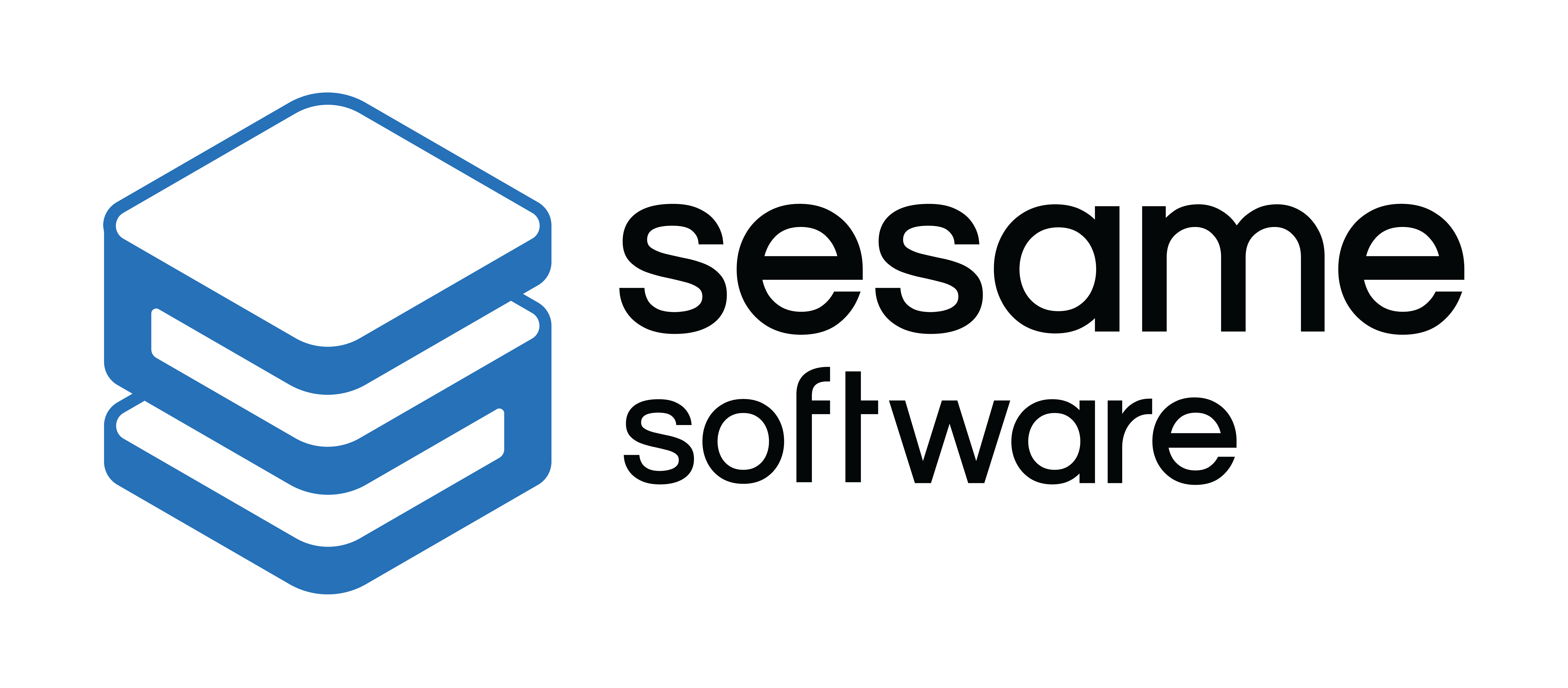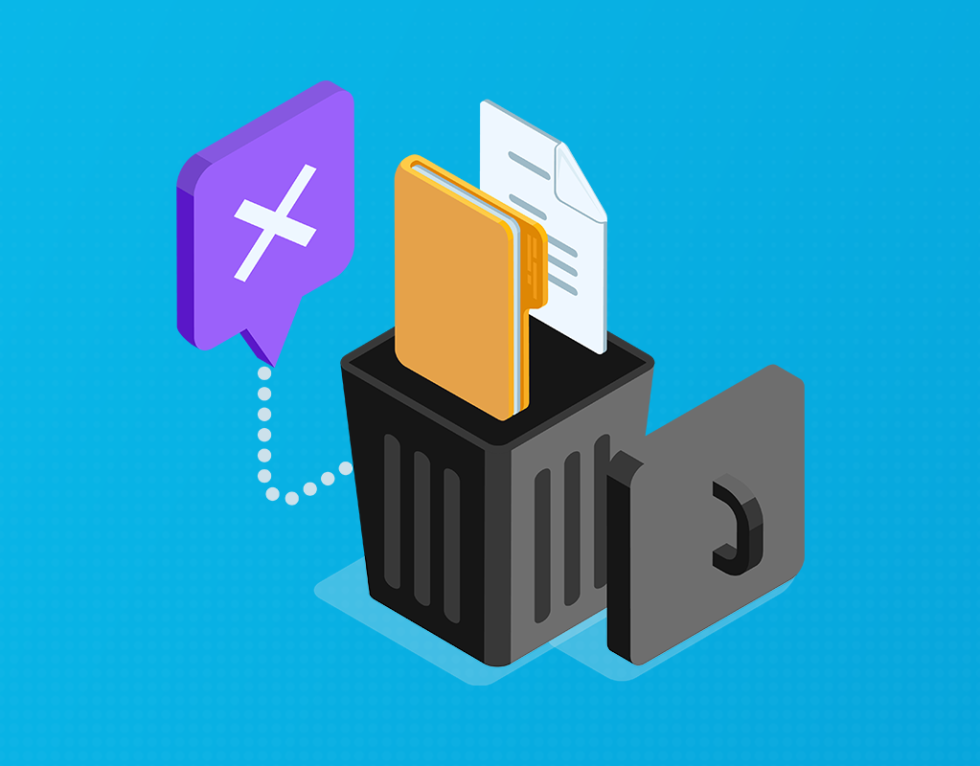Formula Fields, Data Replication, and Why Less is More in Salesforce
- Jul 30, 2024
- 2 min read
Updated: Sep 3, 2025
Salesforce empowers businesses with a robust data management system, but replicating formula fields during replication projects can be a pitfall. Here at Sesame Software, we advocate for a smarter approach that optimizes performance and simplifies your data journey.
Why Replicating Formula Fields is a Double-Edged Sword
Formula fields are dynamic calculations based on existing data within Salesforce. While convenient, replicating them introduces unnecessary complexity and potential issues.
Performance Drain: Every formula field update triggers a recalculation, potentially slowing down your Salesforce instance, especially with large datasets.
Maintenance Woes: If the underlying formula logic changes, you’ll need to update all replicated instances, increasing the risk of inconsistencies and errors.
Data Discrepancies: Replicated fields might not update simultaneously with the original formula, leading to temporary discrepancies and inaccurate data.
Limited Functionality: Replicated fields cannot be restored or used for automation tools like workflows and validation rules, reducing their overall usefulness.
The Smarter Solution: Leverage the Original Formula
Instead of replicating formula fields, consider these alternatives:
Reference the Original Formula: When replicating data, simply reference the original formula field in your target location (reports, dashboards, etc.). Sesame Software’s robust data mapping capabilities make this process seamless.
Create a Custom Field (if necessary): If you require a persistent value based on the formula, create a custom field in Salesforce populated by a workflow rule or Apex trigger upon record creation or update. This allows you to specifically exclude those fields from replication, speeding up your replication process.
Sesame Software Streamlines Your Data Replication Journey
Sesame Software empowers you to manage your Salesforce data efficiently. Our platform offers:
Seamless Data Mapping: Easily reference existing and newly created Salesforce fields in your replication tasks.
Granular Control: Define and schedule data replication based on your specific needs, minimizing unnecessary data movement.
Data Validation and Error Handling: Ensure data integrity throughout the replication process with robust validation and error handling features.
Focus on What Matters: By avoiding unnecessary formula field replication, you can focus on optimizing performance, minimizing maintenance overhead, and ensuring data accuracy within Salesforce.
Still Trying To Figure Out Where To Start?
We can help. Schedule a demo of Sesame Software today to discuss how we can help create a unified view of your data by bringing it all to one place with instant connections to on-premise or cloud enterprise applications or databases.



